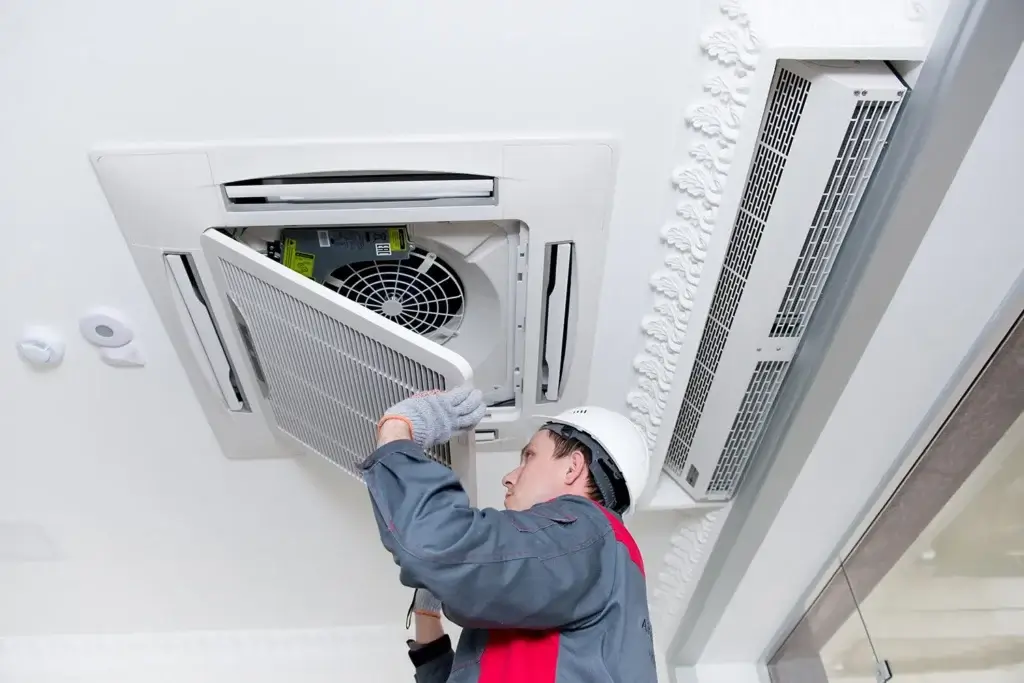Homeowners explore solutions to keep their residences cool and pleasant as the summer heat index increases. So, installing a central air conditioner is one common approach. A central air conditioning system uses ducts and vents to distribute cool air throughout the house. However, despite being a fantastic way to combat heat, central air conditioning has advantages and disadvantages. In this post, we shall examine the benefits and drawbacks of installing a central air conditioner in your house.
Pros of Central Air Conditioner
Every type of the latest cooling machine provides various benefits, and a few of them are:
Efficient cooling
The effective cooling that central air conditioning delivers makes it the best option for bigger houses or multi-story structures. It is far more effective than window air conditioners that only chill one room at a time since it instantly cools the entire house.
Increased home value
Your home’s value may rise if central air conditioning is installed. It is because prospective homeowners value it as a feature that may improve their comfort in hot weather.
Improved air quality
Central air conditioners filter your home’s air, eliminating allergens and contaminants. Furthermore, it may make your home’s air healthier and more pleasant, and quality of life.
Convenience
A central air conditioning system makes it simple to change the temperature in your house by pressing a button. Moving bulky window air conditioners from one room to another or managing the sound they generate are fine.
Cons of installing Central Air Conditioners
All things that have advantages may also have disadvantages. So, have a look at the disadvantages of central air conditioners.
Expensive
Installing a central air conditioner may be pricey, notably if your house lacks ducting. You might need a qualified contractor to complete the installation because it can take several days.
High energy bills
Your energy costs rise if you run a central air conditioner. It is especially valid if you reside somewhere with long, humid summers. To manage the increased load, your electrical system needs to be upgraded.
High AC Maintenance
Regular upkeep of central air conditioning systems is necessary, including filter changes, duct cleaning, and compressor servicing. These responsibilities should be addressed, as system failure might cause expensive repairs.
Noisy device
Central air conditioning equipment can still make noise, even if it is quieter than window units. In particular, if the system is not maintained correctly, the compressor, fan, and ductwork can all produce noise that may be audible.
FAQs
Can you put in central air conditioning in an older house?
In an older house, central air conditioning can be installed. However, extra work can be necessary, including ducting installation.
How much time is required for a central air conditioning installation?
Depending on your house’s size and the installation’s intricacy, it may take several days to complete.
How often should I have my central air conditioning system serviced?
To ensure your central air conditioning system is operating well, maintain it regularly and service it once a year.
Conclusion
There are benefits and drawbacks to installing a central air conditioner. It’s expensive to install and operate, raising energy costs even while offering effective cooling and improving air quality. Ultimately, the choice to build a central air conditioning system should be based on your unique requirements and financial situation. Installing an AC may be a wise investment if you live in a region with hot summers and want to boost your home’s value and comfort.

